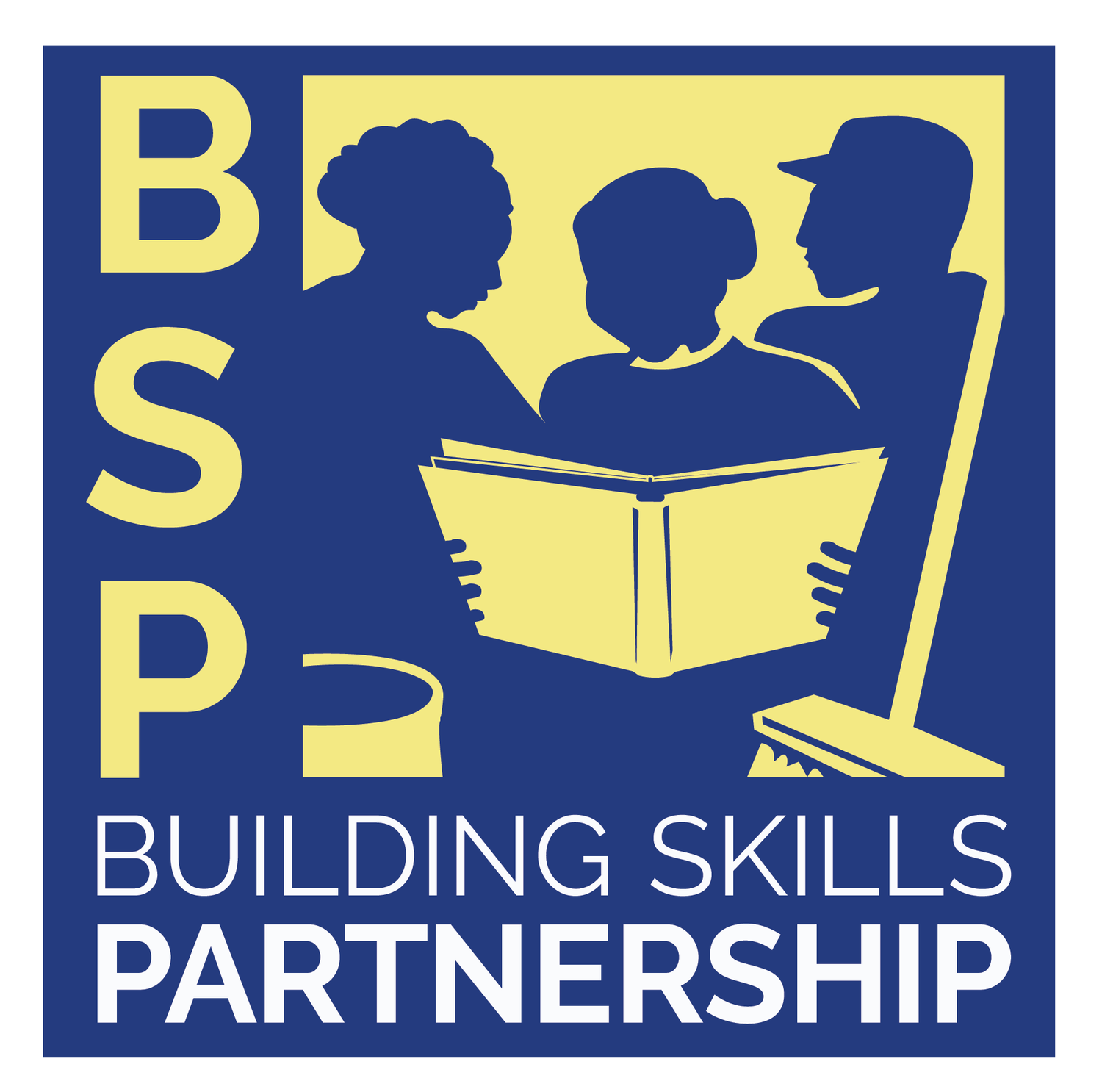Carnegie Corporation Funds Expansion of LA Programs
A family participates in STEM activities hosted by BSP’s Parent University programs
Workers of color and immigrant workers were disproportionately devastated by the pandemic. Time away from the classroom during the COVID crisis exacerbated learning loss. Deficits are up to 60% larger among students from low-income homes, confirming worries about the uneven toll of the pandemic on children and families, widening the achievement gap. To address this, California nonprofit, Building Skills Partnership offers programs aimed to break the cycle of poverty through guidance on navigating the educational system. The Carnegie Corporation in New York recently announced $100,000 in funding awarded to the nonprofit, empowering the organization to expand these programs to serve more families in Los Angeles.
“Building Skills Partnership is grateful to the Carnegie Corporation for their generosity and commitment to deserving families in Los Angeles. The programs that will expand empower LA parents to advocate for their children's education and promote positive learning environments, supporting them in their journey to a higher education,” says Luis Sandoval, Executive Director of Building Skills Partnership.
The blend of property service workers’ (janitors and airport workers) low-wages and the increasing cost of tuition prevents many from providing the financial support needed for their children to attend college. Now more than ever, the need for programs to help parents from low-income communities navigate the educational system to guide their children has become even more critical to overcome barriers to succeed.
Building Skills Partnership’s (BSP) parent education and engagement program focuses on giving impoverished parents and their children educational opportunities to support academic success.
BSP families visit the UCLA campus. Parent University programs educate parents on how to direct their children to a college-going future.
Through the organization’s Parent University programs, qualifying parents receive information and acquire skills necessary to support their children's academic endeavors and become effective advocates to ensure their children receive an equitable and high-quality public education. Children also engage in activities, introducing them to the STEM (science, tech, engineering, math) fields. Staff members from the program organize workshops, trainings and university visits geared towards informing workers about how they can become involved in their children’s education, empowering them for a college-going future.
“The Parent University programs are BSP’s commitment to the community of its predominantly immigrant workforce,” says Janna Shadduck-Hernández, a Project Director at the UCLA Labor Center and Board President of Building Skills Partnership.
Janna Shadduck-Hernandez, UCLA Labor Project Director and BSP Board Chair
“Many immigrant parents come to the U.S. from war-torn countries such as El Salvador and Guatemala to find a better life. When they get to this country, they are surprised to see the schools that their children attend are comparable or worse to the countries they just fled.”
Shadduck-Hernández, who has helped to oversee BSP’s Parent University programs for nearly a decade, is enthusiastic about the Carnegie Corporation awarding the nonprofit organization that she chairs the funding necessary to help expand its programs.
The Carnegie Corporation was established in 1911 by Andrew Carnegie to promote the advancement and diffusion of knowledge and understanding. In keeping with this mandate, the organization’s work focuses on international peace, the advancement of education and knowledge, and the strength of our democracy.
The grants are the result of a request for proposals (RFP) issued by the Corporation last September that focused on family engagement, one of the most influential factors in educational outcomes. Special consideration was given to applicants that have deep roots in their local communities and work to support learning among students of color, multilingual learners, and students from low-income backgrounds. Preference was given to nonprofits in communities that have not traditionally benefited from national funding and have not received prior Corporation support.
“While many children from low-income communities do not have access to the same opportunities that higher socio-economic students are provided,” Shadduck-Hernández continues. “I encourage learners from working-class households to view their experiences and knowledge as powerful – they can speak two languages, they work part-time jobs throughout school, they are steeped in family values, and they are extremely aware and grateful for the sacrifices their janitor parents have made in order for them to have a better life. This knowledge is a catalyst to create change.”
BSP’s Parent University program has five programs purposes, including:
Supporting parents with their children’s education through case management, digital literacy, resources, and educational techniques extended in the home environment
Empowering parents to advocate for their children's education and promote positive learning environments
Supporting college-aged children in applying for and/or transferring to college, scholarships and financial aid
Guiding students to achieve financial independence by understanding student loans, financial aid opportunities and other options available to finance higher education
Promote the mental and physical well-being of students while coping with academic stress
BSP’s Parent University programs increase deserving students’ engagement at school and throughout their educational journeys. The programs also promote positive academic behaviors, increase family connection to critical school-based information, and offer postsecondary access support for students and families.
Increasing parents' knowledge centered on college and career readiness, the college application process, college matriculation, college success, and fostering parent leadership in their children's schools helps create an environment of academic success for families of low-wage industry earners.




